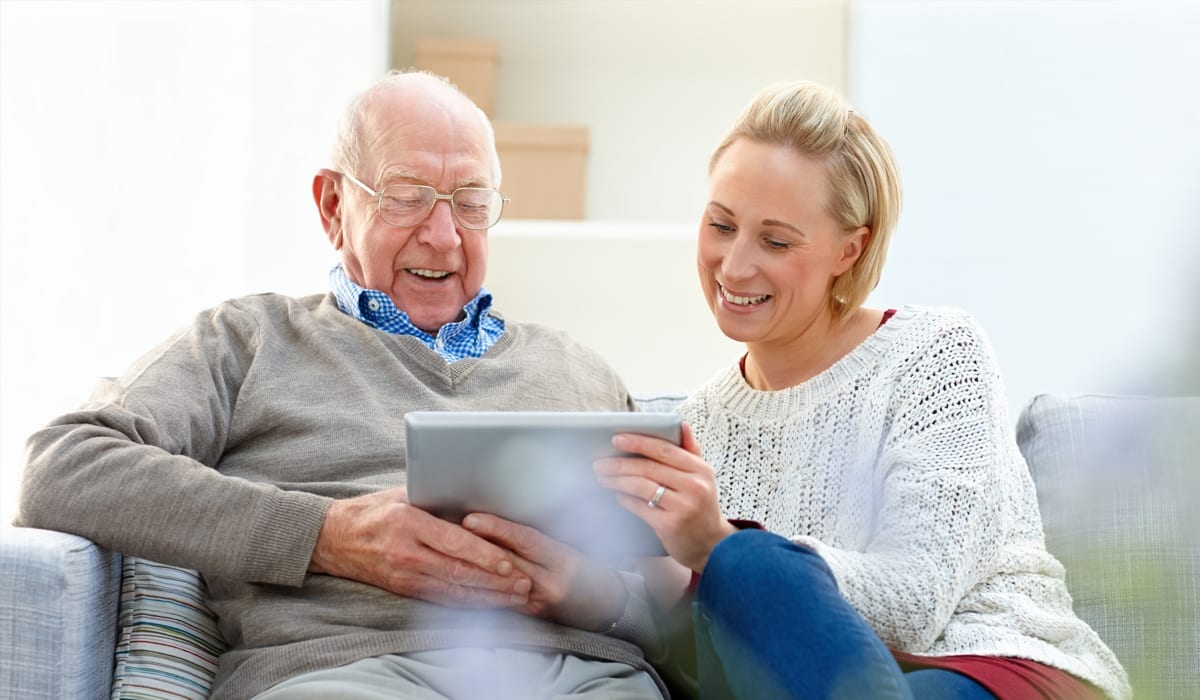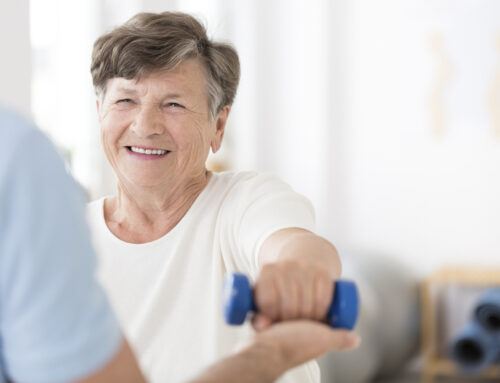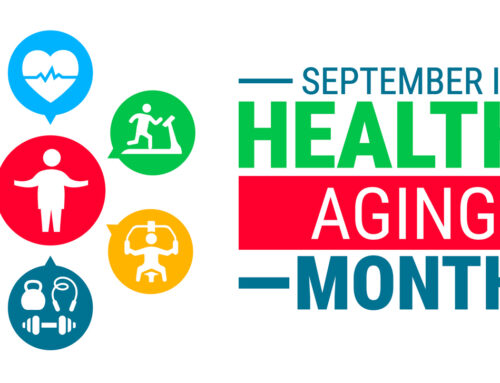COVID-19 has already changed some things about our lives forever. And while much of the country is starting to ease restrictions, it will be quite a while before we can go back to our “old normal”. In the meantime, we will have to adjust to continued social distancing as well as other precautions to stay healthy. For seniors, there are some additional considerations that should be taken into account such as how they can get extra support if necessary and additional ways to protect their health. FirstLantic has put together some helpful tips and resources that are available so that you and your loved ones can stay safe.
As we age, our immune system becomes weaker. It’s called Immunosenescence. That’s why older people are at a higher risk for catching COVID-19 and can have more serious consequences as a result. Some of the reasons that our immune system declines are due to fewer and less effective T helper cells, less effective B cells, and more susceptibility to inflammaging or low-grade chronic inflammation. Fortunately, there are things we can do to boost our immune system and they consist of making healthy lifestyle changes. Exercising, eating healthier, and reducing stress can all make a big difference in our body’s ability to fight off infection. Doing even one session of exercise can reduce inflammation. Eating more vegetables and fruits as well as other foods that are high in N 3 Pufas such as salmon or nuts are known to have a variety of health benefits against cardiovascular diseases (CVDs) including well-established hypotriglyceridemic and anti-inflammatory effects. In addition, try to get a good night’s sleep, don’t smoke, and minimize anxiety through exercise or meditation which all help to strengthen your immune system.
Secondly, older people need to be particularly diligent about minimizing their risk of exposure. While that doesn’t mean completely isolating yourself, as that can have other downsides as well, think about avoiding tasks that could be done online or over the phone. Let’s be honest, most of us really don’t love going to the grocery store anyway so do it from the comfort of your own home. You can also ask friends or family for help but if that isn’t possible, consider hiring a home health aide. They can assist with grocery shopping or other household chores such as medication management, cooking, and transportation to and from medical appointments. Reputable agencies that employ certified aides take all necessary precautions required by the state as well as utilize best practices recommended by the CDC. When you do go out of the house, always wear a mask and maintain the recommended social distance of six feet.
For many seniors, it may not be feasible to hire outside help but there are free services that are available. Meals on Wheels and Feeding America are two organizations that deliver food directly to your door. For available transportation options, you can access Eldercare Locator. If you need help navigating Medicare, contact Senior Medicare Patrol, your local State Health Insurance Assistance Program, or Medicare.gov. And if you are having problems paying utility bills or other expenses, you can go to BenefitsCheckUp.org.
The bottom line is that this is an incredibly stressful time for most of us. However, those in our elderly population may feel especially vulnerable. If you have an older relative or friend, pick up the phone and check on them. If you are living by yourself and need someone to listen, don’t be afraid to ask for help. There are organizations such as the Disaster Distress Hotline or the National Suicide Prevention Lifeline that are there to support you. We need to remember that we are in this together and with a helping hand, we can get through it.
For additional information about available resources, visit the National Council on Aging.
Read more FirstLantics blogs
 AVAILABLE 24 HOURS A DAY/7 DAYS A WEEK
AVAILABLE 24 HOURS A DAY/7 DAYS A WEEK Careers
Careers







